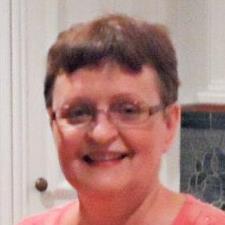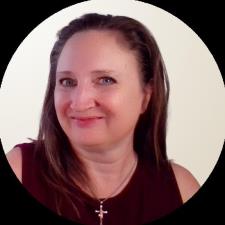
Mary M. answered • 04/30/19
Dynamic Coach who ferrets out a student's positive learning attributes
Since the first colonists' arrived on the Atlantic shores to establish colonies of like-minded individuals with different faiths, customs, and beliefs, their commonality lay in establishing a new world order that eschewed the tenets of European dominance, religiosity, and trade agreements. The Revolutionary War ensued from the British, in particular, and other European countries, in general, trying to control the colonists' livelihoods, religious preferences, and independent tendencies (think Boston Tea Party). However, the existence of The Oxford English Dictionary tended to foster the use of established words and definitions that also floated around in 1800s American society, finding root in Webster's Dictionary (Noah Webster, that is), which included similar spellings and meanings of some British and Indo-European words. Pronunciations changed as individual Americans shortened European words or pronounced them in different ways, depending upon their regional dialects; since our society was rather scattered and not land-locked like the regions of Europe and the British Isles. America was a new frontier. The British, Hindus and the Australians preferred their way of pronouncing words as found in The Oxford English Dictionary while the colonists developed their own interpretations and spellings of vocabulary terms. Actually, if we think about it, even pronunciations of proper surnames varied in America. Check out the last name, Herbert, Hebert, etc. In different regions of America, the colonists pronounced similar names using French, English, Acadian, Cajun, or other European dialects. I have never researched how scientific nomenclature and pronunciations differed from those in Europe and the British Isles. That might be an interesting Dissertation Abstract topic.




